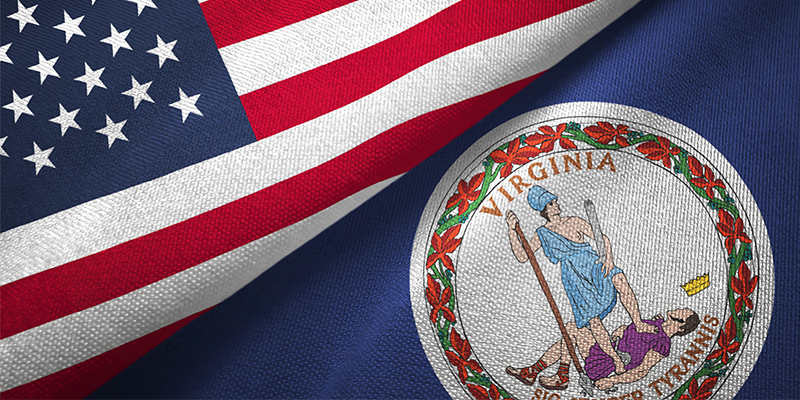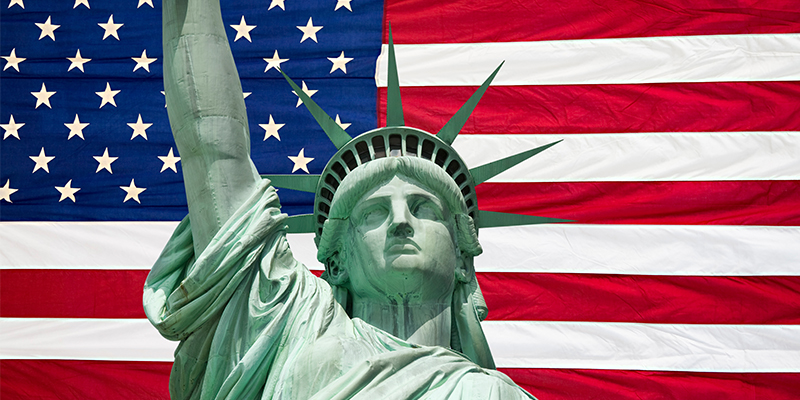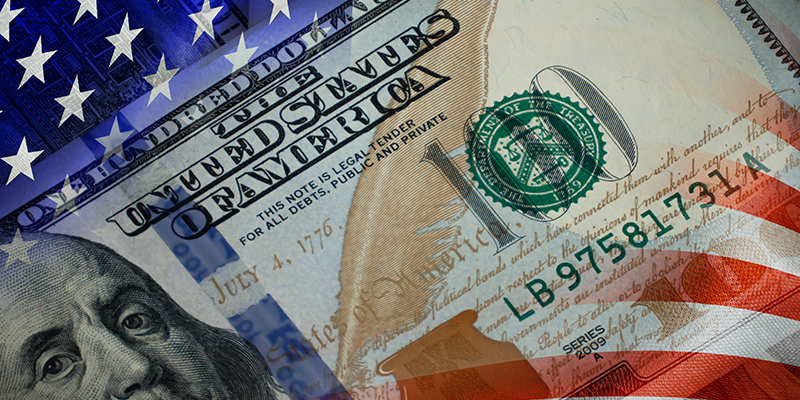Anyone who has been following the ongoing saga of President Joe Biden’s domestic agenda in Congress is well aware of the deep divisions between the progressive and moderate wings of the Democratic party on key elements of that agenda. Progressive Democrats in the House of Representatives have been holding up a vote on the $1.2 trillion bipartisan Infrastructure Investment and Jobs Act, which passed the Senate earlier this summer, until moderates in their caucus agree to a multitrillion dollar budget reconciliation package containing many of Biden’s social safety net initiatives. House Speaker Nancy Pelosi has committed to having a vote on the popular infrastructure package by Oct. 31, after having to delay a prior scheduled vote because of opposition within the Democratic ranks.
The question many are asking is whether this continuing dysfunction among Democrats in Washington could have a spillover effect on the Virginia governor’s race, and what a loss there could mean for congressional Democrats in next year’s midterm elections. That unexpectedly tight race, between Democrat Terry McAuliffe, a former governor, and Republican businessman Glenn Youngkin, could be a factor in getting the warring factions of congressional Democrats to come to agreement by their self-imposed deadline and before the Nov. 2 election in Virginia.
For a variety of reasons, the Virginia governor’s race is often seen as a harbinger of the midterm congressional elections the following year. As pointed out in the Cook Political Report, Virginia’s off-year election of its governor plays a special role in the congressional psyche. Virginia governors are limited to one four-year term, which means it is an open-seat election with nobody having the power of incumbency, and therefore is a clearer indication of where the parties stand in the eyes of the electorate. And while Virginia has been trending a Democratic blue over the last decade, it still remains much less Democratic than New Jersey, another state having an off-year election, or California, where voters turned back a recall effort aimed at its Democratic governor, Gavin Newsome. In those states, Democratic wins are expected.
The Virginia governor’s race is therefore the political world’s first real chance to gauge a more politically balanced electorate’s mood toward the current administration and is seen as a way for voters to send a message to the party holding the White House. In fact, the president’s party has lost the Virginia’s governor’s race in every election since 1973 except for 2013, when McAuliffe won a term with Barack Obama as president. That year, however, McAuliffe was running against Virginia’s attorney general, Ken Cuccinelli, who was seen as a far-right ideologue too extreme for the state and a weak opponent. This year’s race is unexpectedly close, with Glenn Youngkin posing a strong challenge in a state that Biden won by 10 percentage points.
National media is already characterizing Virginia’s race as a test for the Democratic agenda, and calling it a “four alarm fire” for Democrats. McAuliffe has begun publicly demanding that Congress pass the infrastructure bill, stating that there is “frustration with Washington. You know, why haven’t we passed this infrastructure bill? It passed the U.S. Senate with 69 votes two months ago. We’re tired of the chitty chat up in Washington. Get in a room and get this figured out.” Clearly, McAuliffe sees passage of the bill as boosting his chances of winning. Virginia Senator Mark Warner has begun urging his colleagues to pass the infrastructure bill to help McAuliffe, even if the larger reconciliation bill has not been agreed to by Democrats.
The authorization for current surface transportation programs expires on Oct. 31, and that was originally seen as something that would force Congress to pass the infrastructure package by that date. However, that alone may not be enough to force action. Democrats have not yet agreed on the social spending budget reconciliation package, which was contemplated to be $3.5 trillion in size but will need to be whittled down to garner the support of centrist Democrats in the Senate such as Joe Manchin (D-WV) and Kyrsten Sinema (D-AZ). Although talks continue and recent comments have been positive, with 10 legislative days remaining before the end of October to agree and draft legislative language, Manchin doubts Congress can have a bill ready for a vote by that time. And Pamila Jayapal (D-WA), head of the progressives in the House, has indicated she is not wedded to that timeline, arguing surface transportation programs can be extended in another continuing resolution if needed.
There is no option to delay the governor’s race in Virginia, however. While arguably, Virginia’s long history of electing governors of the party not occupying the White House would seem to mitigate against any definite conclusions regarding next years’ midterms or Biden’s reelection chances, trends are important. A win by McAuliffe in a state that had been trending Democratic would boost the morale of congressional Democrats already worried about Biden’s declining approval ratings, showing that they had righted the ship as they go into next year’s difficult midterm elections. Alternatively, an upset win by Youngkin, and the media analysis that would follow, will give rise to much finger pointing between Democratic progressives and moderates. Both the Biden White House and the Democratic leaders of the House and Senate will want to pass an infrastructure bill before then to avoid that scenario.













